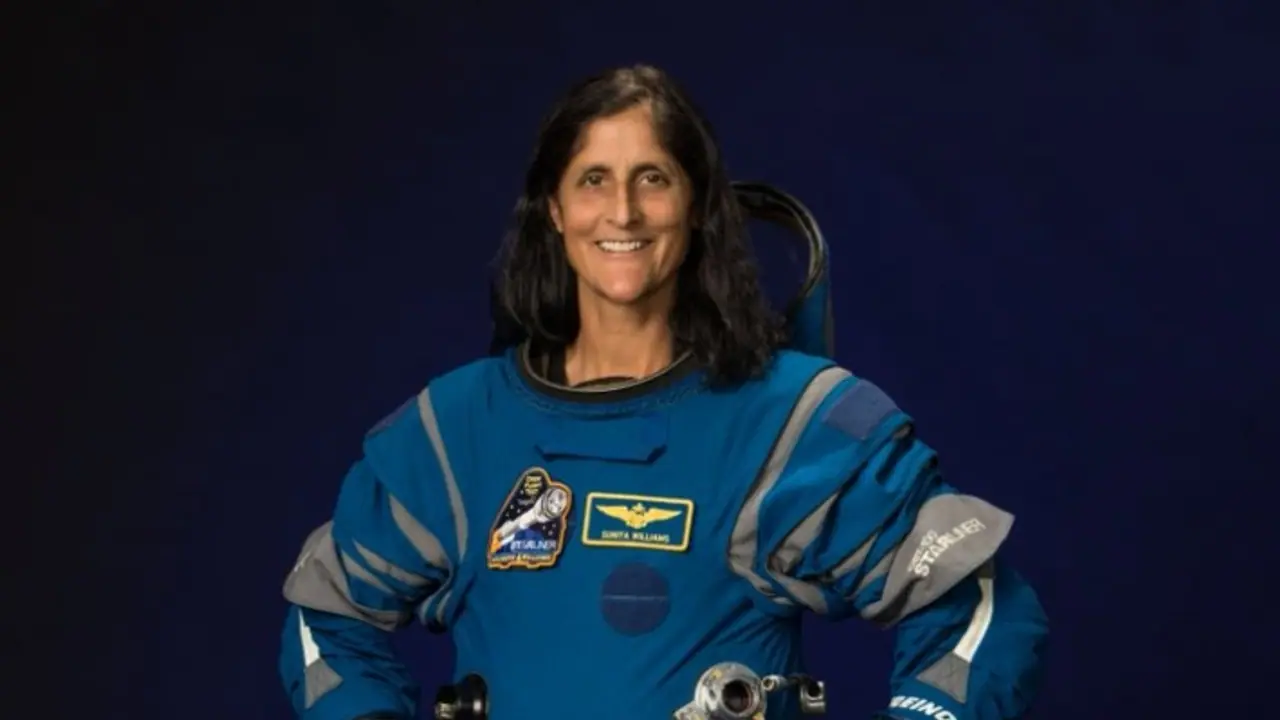The launch of the Boeing Starliner, which was set to take astronaut Sunita Williams to space for a third time, has been postponed due to a technical glitch. No new date has been officially announced for the launch.
Sunita Williams' third mission to space was called off hours before launch. The Boeing Starliner was scheduled to launch from the Kennedy Space Centre. The launch of the Boeing Starliner, which was scheduled to transport astronaut Sunita Williams to space for the third time, has been postponed owing to a technical issue. No new launch date has been specified.

Williams, the poster girl for women hoping to travel into space, was poised to take to the sky again today in a brand-new spaceship. The Boeing Starliner was scheduled to take off from the Kennedy Space Centre in Florida's Cape Canaveral at 8.04 a.m. India time.
However, barely 90 minutes before lift-off, the Atlas V rocket launch was cancelled. NASA, the United States space agency, has reported that the postponement was caused by an abnormal condition on an oxygen relief valve. Williams and NASA's Barry Wilmore, who were scheduled to fly the Starliner to the International Space Station, have successfully evacuated the ship.
This would have been the third space mission for the Indian-origin astronaut, who had previously spent 322 days in space and held the record for the most hours of spacewalk by a woman until being surpassed by Peggy Whitson.
She would have made history as the first woman to ride on the first crewed flight of a new space shuttle. Williams embarked on her maiden space journey on December 9, 2006, which lasted until June 22, 2007. While onboard, she set a global record for women by embarking on four spacewalks totaling 29 hours and 17 minutes.
Her second journey lasted from July 14 to November 18, 2012. The 10-day voyage will allow the Starliner to demonstrate its spaceworthiness. It would also demonstrate the team's readiness to become NASA certified and perform long-duration missions for the US space agency.
